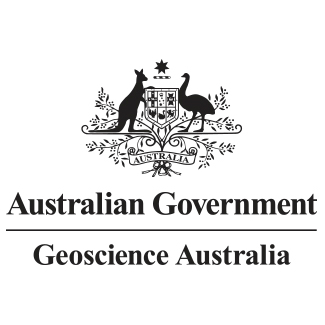Brief description
The radiometric, or gamma-ray spectrometric method, measures the natural variations in the gamma-rays detected near the Earth's surface as the result of the natural radioactive decay of potassium (K), uranium (U) and thorium (Th). The data collected are processed via standard methods to ensure the response recorded is that due only to the rocks in the ground. The results produce datasets that can be interpreted to reveal the geological structure of the sub-surface. The processed data is checked for quality by GA geophysicists to ensure that the final data released by GA are fit-for-purpose.This radiometric thorium grid has a cell size of 0.00039074 degrees (approximately 40m) and shows thorium element concentration of the Cobar Magnetic and Radiometric Survey, 2021 in units of parts per million (or ppm). The data used to produce this grid was acquired in 2021 by the NSW Government, and consisted of 53617 line-kilometres of data at 200m line spacing and 60m terrain clearance.
Lineage
Maintenance and Update Frequency: notPlannedReference:
Percival, P.J., 2014. Index of airborne geophysical surveys (Fourteenth Edition).
Notes
PurposeThis data set forms part of the NSW and national airborne magnetic and radiometric mosaic that is continually updated with higher resolution datasets. When integrated with other geological, geochemical, geophysical or technical datasets, it provides pre-competitive insight into the mineral, groundwater, energy, soil and other resource potential of the continental land mass. Subject to the quality control, equipment tolerances and inherent limitations on the measurements themselves, it may also be employed for other geophysical and scientific investigations into the earth.
Created: 21 06 2022
Issued: 12 07 2022
Data time period: 08 06 2021 to 10 08 2021
text: westlimit=145.1; southlimit=-33.1; eastlimit=147.1; northlimit=-31.1; projection=GDA94 (EPSG:4283)
User Contributed Tags
Login to tag this record with meaningful keywords to make it easier to discover
The Geophysical Archive Data Delivery System (GADDS2) portal provides HTTP download of geophysics datasets in a number of formats. Point and line datasets are available in NetCDF and ASEG-GDF2. Grid datasets are available in NetCDF, GeoTIFF and ERS. (File available for download in various formats from the GADDS2 portal)
- global : ae04b8bc-7caf-473e-ae5d-597542f27700


